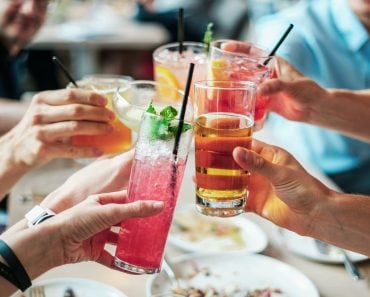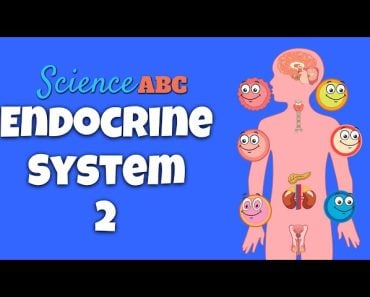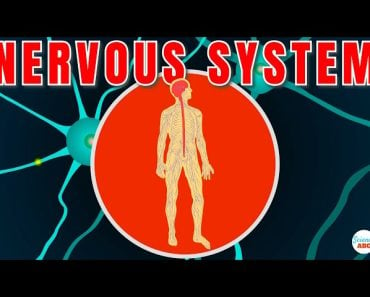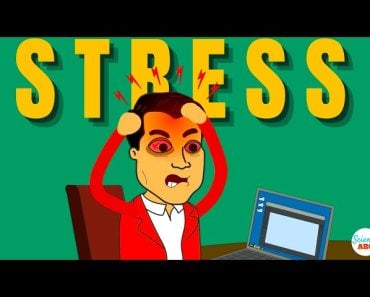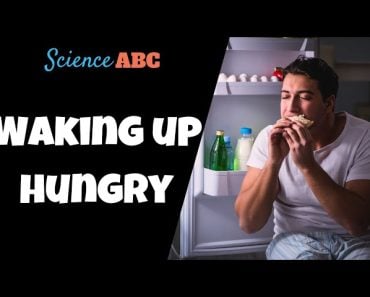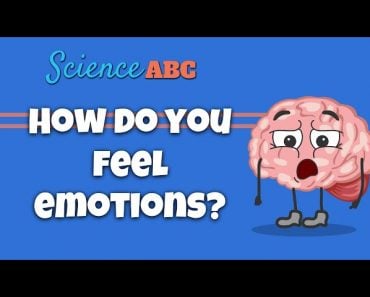The alcohol in your bloodstream affects the functioning of your brain. Alcohol inhibits the prefrontal cortex, the part of your brain primarily responsible for rational and logical thinking, as well as impulse control. Alcohol also affects the levels of the neurotransmitters GABA, dopamine, and adrenaline in the nervous system, which further affect your judgment.
TV and movies have perpetuated the idea of all the “cool” kids drinking recklessly at parties without a worry in the world.
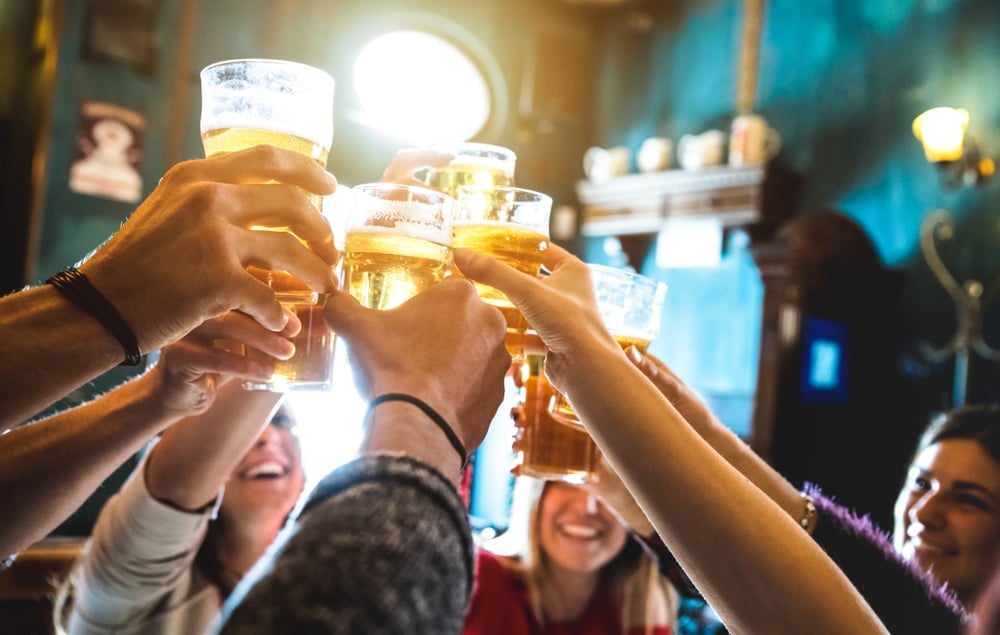
Unfortunately for our main characters (but favorably for the plot), an evening of irresponsible drinking rarely ends well. The main theme in most movies seems to be the terrible decisions made by the main character, followed by a sea of regret, all because they drank too much.
You probably see yourself in these movies… your sober self would never have texted your ex and asked them to take you back. And you definitely would not have tried (and failed) to impress that attractive person with your incredibly cool dance moves. Does even just thinking about it make you cringe?
Have you ever wondered why we seem to make the worst choices when we’re drunk?
Recommended Video for you:
How Do We Get Drunk?
When we drink, our mouth is the first organ to absorb alcohol. A very small amount of alcohol is absorbed into the blood via the mouth and tongue. From the mouth, alcohol moves to the stomach, where around 20% is absorbed. The remaining alcohol is absorbed in the small intestine.
At this point, the alcohol has entered the bloodstream and is moving to the liver. Liver enzymes break down alcohol into sugars, water, and carbon dioxide. The sugars that subsequently form give our bodies the energy to carry out metabolic processes. However, when we drink a little too much, it takes a while for the liver to break it down. During this time, all the remaining alcohol is still in your bloodstream.
How Does Alcohol Affect The Mind?
The prefrontal cortex in our brain controls how we think and make decisions. Alcohol makes this part of our brain sluggish and inactive, causing us to think and act irrationally. It’s also responsible for how you control your emotions.
Drinking alcohol only enhances whatever emotions you are feeling and makes you act without considering the effects of your behavior.
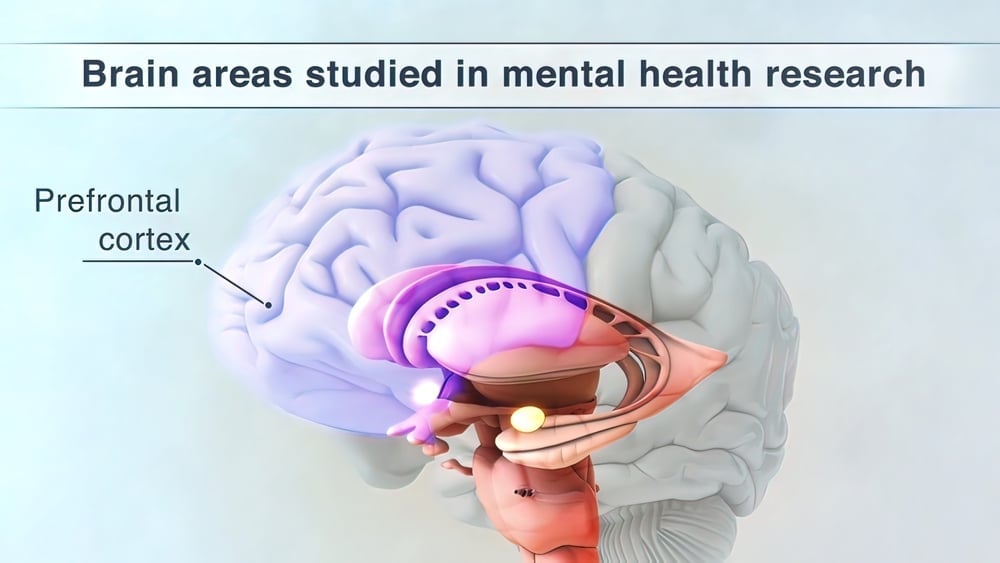
Alcohol also interacts with the nervous system to stimulate the release of three chemicals known as neurotransmitters, which play a major role in making us act the way we do when we’ve knocked back a few too many.
GABA, γ-aminobutyric acid
When we drink alcohol, it tends to increase the amount of a particular chemical in our body known as γ-aminobutyric acid (GABA).
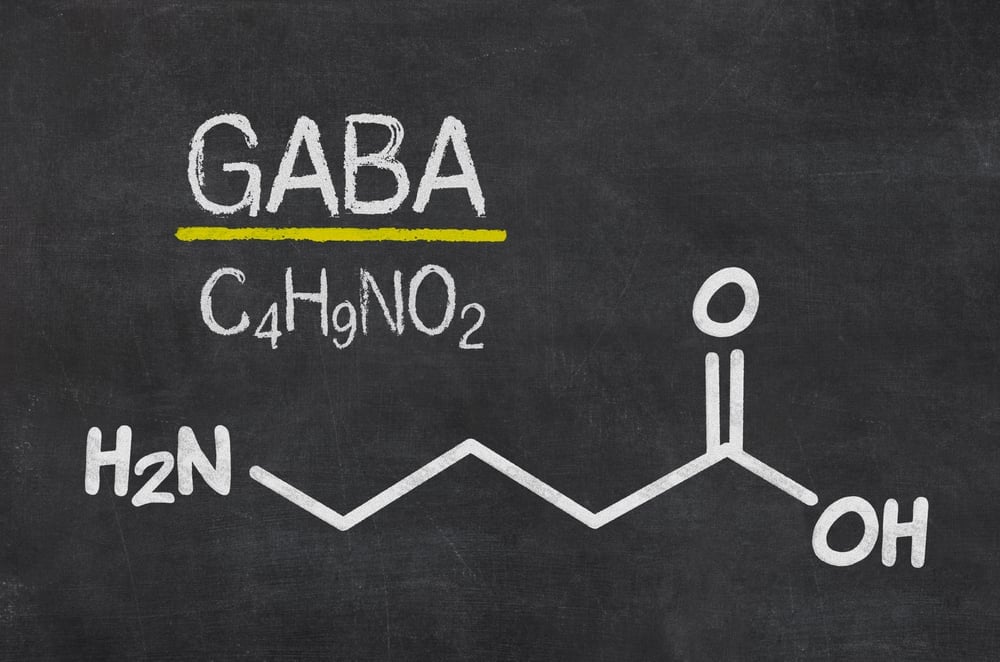
GABA is a neurotransmitter—a chemical messenger to the brain that helps you relax and feel less anxious. When there are higher levels of GABA released, the amount of relaxation you feel is also higher. When you are too relaxed, you tend to lose all your inhibitions. In a social setting, this is generally a recipe for disaster.
Dopamine
Alcohol also increases the levels of dopamine in your body. Dopamine is the “feel good hormone”, and makes you want to drink more by giving the “buzz” or “high” that comes with drinking. We don’t want to lose that feeling, so we continue to drink, even though we know it’s not the best idea.
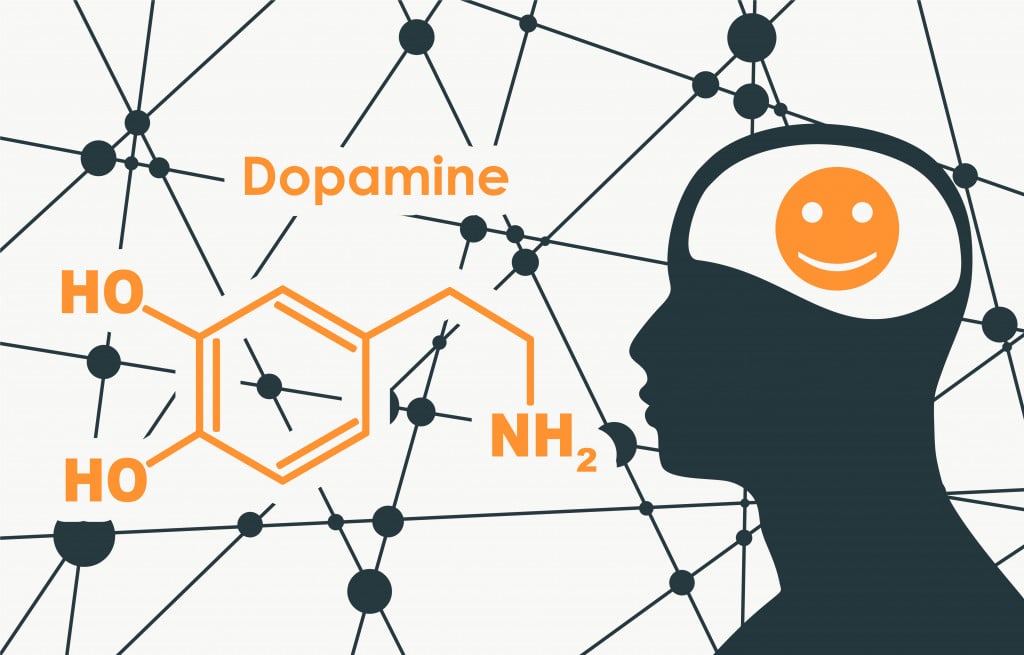
Norepinephrine
Thanks to Newton, we know that every action has an equal and opposite reaction. This law has governed our actions since its conception, and we don’t take it lightly. We carefully think everything through before acting. However, when we’re drunk, our brain is like, “Newton, who?!” and nudges us to act more impulsively. This is because alcohol boosts the amounts of norepinephrine in our system. Higher levels of this infamous fight-or-flight hormone make it very hard for us to consider the potential consequences of our actions.
How To Not Feel The Effects Of Alcohol
First-pass metabolism is a phenomenon wherein a substance is first metabolized in the liver, resulting in its concentrations being lower in circulating blood. As we all know, the liver is the major site of detoxification in the body.
However, some studies argue that the enzyme alcohol dehydrogenase in the stomach is what aids more in the first-pass metabolism of alcohol. Thanks to this mechanism in our bodies, the rate at which we absorb alcohol is lower, thereby getting us less drunk.
Research has also suggested that various factors, such as the relative water content in the tissues, the amount of blood flow to that tissue, and body weight and fat percentages also impact drunkenness.
Have you ever wondered why eating food before drinking means that you get less drunk? This is because the small intestine absorbs the most amount of alcohol very quickly. Having food in the system slows down the passage of alcohol into the small intestine, so the effects of alcohol take a much longer time to hit and usually have fewer negative side effects.
A Final Word
Drinking too much has numerous negative effects, but it’s not all bad. Studies have shown that light to moderate alcohol consumption is associated with a lowered risk of myocardial infarction, ischemic stroke, dementia, diabetes and osteoporosis.
Anything in moderation has its benefits. Drinking responsibly ensures a good time without regrets over saying and doing things that will likely make you cringe when you think back to them. Unfortunately, the long-term risks of regular alcohol consumption outweigh the benefits.
References (click to expand)
- (2006) Overview: How Is Alcohol Metabolized by the Body? - NCBI. The National Center for Biotechnology Information
- Cederbaum, A. I. (2012, November). Alcohol Metabolism. Clinics in Liver Disease. Elsevier BV.
- Why Alcohol Lowers Inhibitions and Leads to Bad Decisions. alcohol.org
- Alcohol consumption: an overview of benefits and risks - go.gale.com


